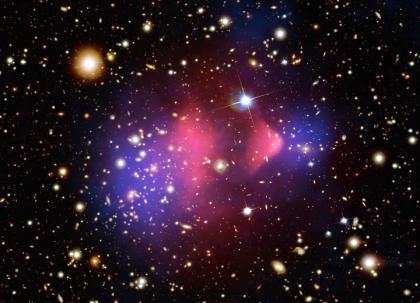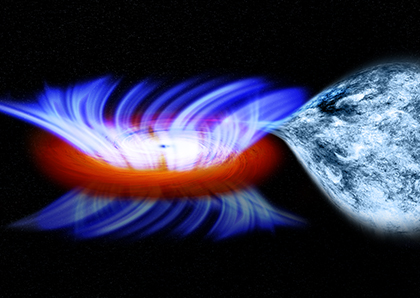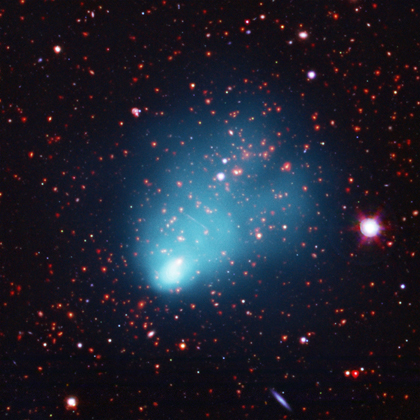The Consolation of Philosophy Scientific American
Updated: 2012-04-28 23:51:56
 : Subscribe get Selections on Evolution FREE Subscribe Buy This Issue Subscribe to Digital Give a Gift , Get a Free Gift Subscribe News Features News Features Ask the Experts Edit This Extreme Tech Fact or Fiction In-Depth Reports Mind Matters Blogs A Blog Around The Clock Anecdotes from the Archive ScientificAmerican Budding Scientist The SA Incubator The Network Central Scientific American Observations Octopus Chronicles Solar at Home Streams of Consciousness From Our Network Multimedia Interactive Features Video Slide Shows 60-Second Science Podcast 60-Second Mind Podcast 60-Second Earth Podcast 60-Second Space Podcast 60-Second Health Podcast 60-Second Tech Podcast Science Talk Podcast Science Images Education Science in Action Award Bring Science Home 1,000 Scientists in 1,000 Days
: Subscribe get Selections on Evolution FREE Subscribe Buy This Issue Subscribe to Digital Give a Gift , Get a Free Gift Subscribe News Features News Features Ask the Experts Edit This Extreme Tech Fact or Fiction In-Depth Reports Mind Matters Blogs A Blog Around The Clock Anecdotes from the Archive ScientificAmerican Budding Scientist The SA Incubator The Network Central Scientific American Observations Octopus Chronicles Solar at Home Streams of Consciousness From Our Network Multimedia Interactive Features Video Slide Shows 60-Second Science Podcast 60-Second Mind Podcast 60-Second Earth Podcast 60-Second Space Podcast 60-Second Health Podcast 60-Second Tech Podcast Science Talk Podcast Science Images Education Science in Action Award Bring Science Home 1,000 Scientists in 1,000 Days
 Dr . Katherine Freese The Michigan Center For Theoretical Physics HOME research interests publications research group video audio press coverage presentations photos other links HOME PAGE Dr . Katherine Freese , Professor University of Michigan Dr . Freese is the George E . Uhlenbeck Professor of Physics at the University of Michigan , and the Associate Director of the Michigan Center for Theoretical Physics . She works on a wide range of topics in theoretical cosmology and astroparticle physics . She has been working to identify the dark matter and dark energy that permeate the universe as well as to build a successful model for the early universe immediately after the Big Bang . She has shown that most of the mass in galaxies does not consist of ordinary stellar material , and has
Dr . Katherine Freese The Michigan Center For Theoretical Physics HOME research interests publications research group video audio press coverage presentations photos other links HOME PAGE Dr . Katherine Freese , Professor University of Michigan Dr . Freese is the George E . Uhlenbeck Professor of Physics at the University of Michigan , and the Associate Director of the Michigan Center for Theoretical Physics . She works on a wide range of topics in theoretical cosmology and astroparticle physics . She has been working to identify the dark matter and dark energy that permeate the universe as well as to build a successful model for the early universe immediately after the Big Bang . She has shown that most of the mass in galaxies does not consist of ordinary stellar material , and has A massive star-forming region located about 160,000 light years away.
A massive star-forming region located about 160,000 light years away. : Subscribe Today Renew Give a Gift Archives Customer Service Facebook Twitter Newsletter SEARCH Health Medicine Mind Brain Technology Space Human Origins Living World Environment Physics Math Video Photos Podcast RSS Does Time Exist Scientists : Scamming America Guest Post : Don Page on Quantum Cosmology by Sean Carroll Following the guest post from Tom Banks on challenges to eternal inflation , we’re happy to post a follow-up to this discussion by Don Page Don was a graduate student of Stephen Hawking’s , and is now a professor at the University of Alberta . We have even collaborated in the past , but don’t hold that against . him Don’s reply focuses less on details of eternal inflation and more on the general issue of how we should think about quantum gravity in a cosmological context ,
: Subscribe Today Renew Give a Gift Archives Customer Service Facebook Twitter Newsletter SEARCH Health Medicine Mind Brain Technology Space Human Origins Living World Environment Physics Math Video Photos Podcast RSS Does Time Exist Scientists : Scamming America Guest Post : Don Page on Quantum Cosmology by Sean Carroll Following the guest post from Tom Banks on challenges to eternal inflation , we’re happy to post a follow-up to this discussion by Don Page Don was a graduate student of Stephen Hawking’s , and is now a professor at the University of Alberta . We have even collaborated in the past , but don’t hold that against . him Don’s reply focuses less on details of eternal inflation and more on the general issue of how we should think about quantum gravity in a cosmological context , A merger of galaxy clusters about 5.2 billion light years from Earth.
A merger of galaxy clusters about 5.2 billion light years from Earth. A cluster of galaxies located about 2.3 billion light years from Earth.
A cluster of galaxies located about 2.3 billion light years from Earth. A collision of massive galaxy clusters located about 2.4 billion light years from Earth.
A collision of massive galaxy clusters located about 2.4 billion light years from Earth. A binary system containing a stellar-mass black hole.
A binary system containing a stellar-mass black hole. A galaxy cluster located about 7.2 billion light years from Earth.
A galaxy cluster located about 7.2 billion light years from Earth.